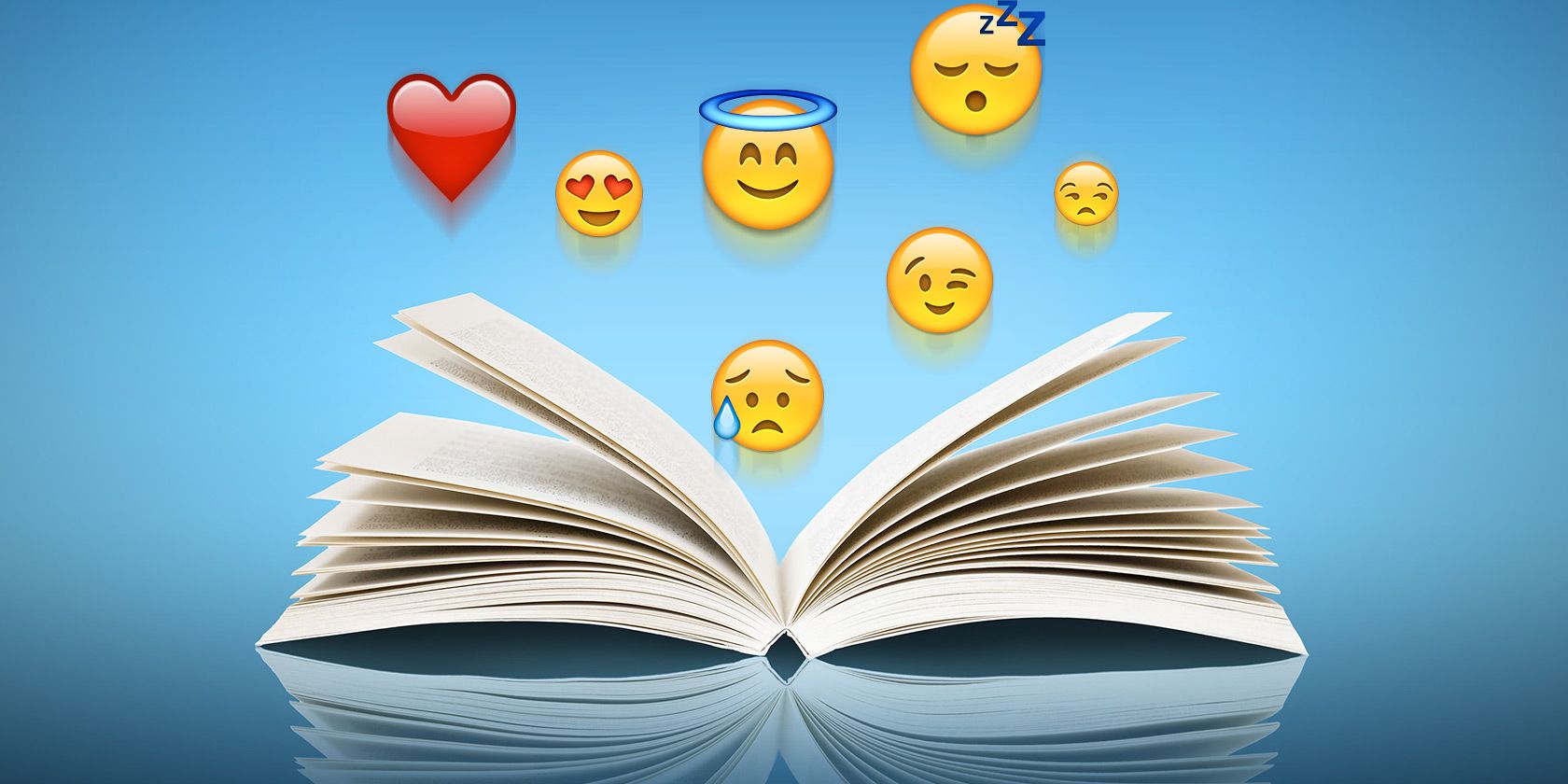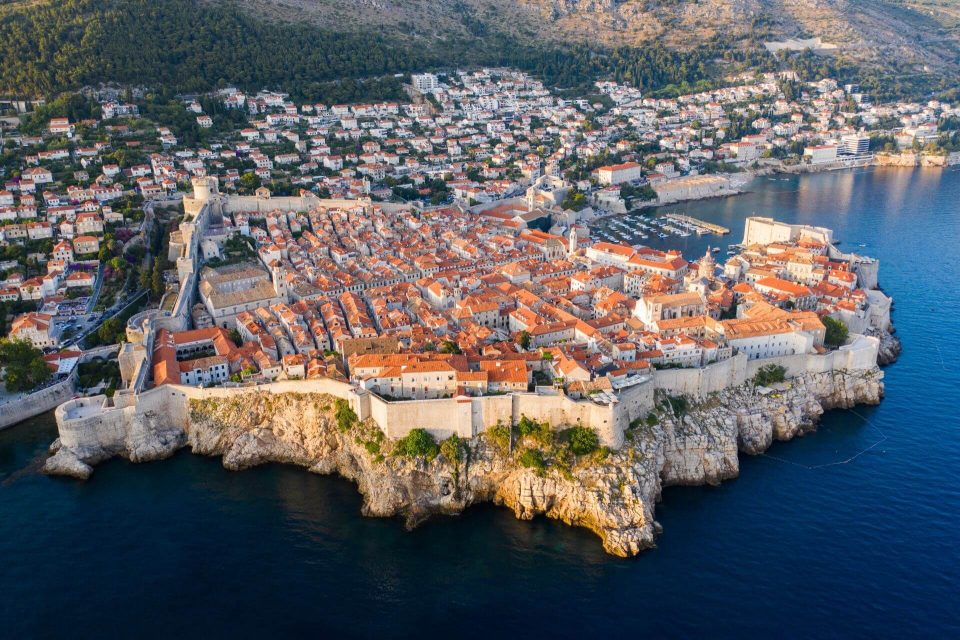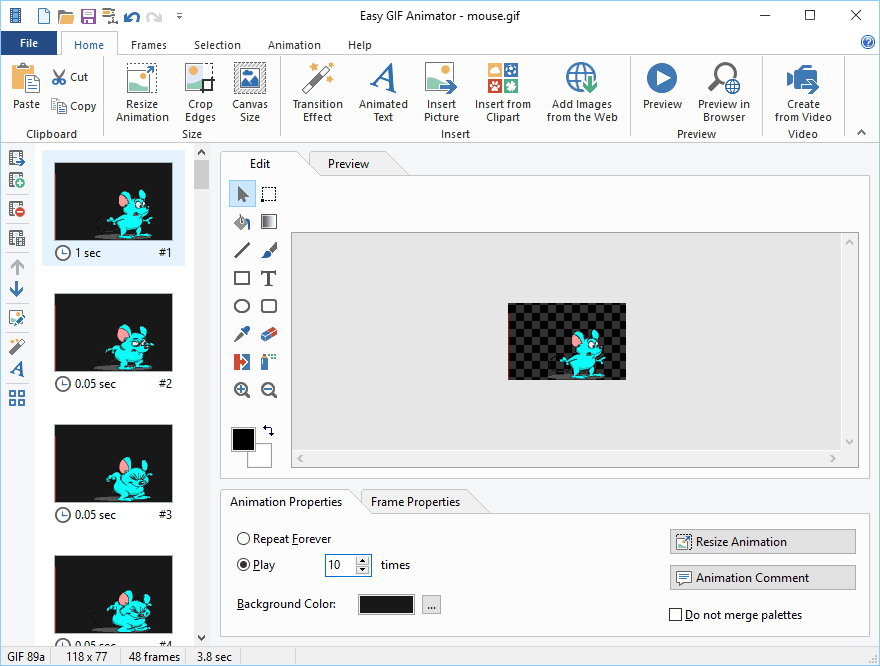
Croatia's Primary Language

Croatia’s Primary Language
It’s true, most Croatians do speak English very well, but only as a second language. So what language is spoken in Croatia? Well, the answer is easier than you think. The name of the language Croatians speak is ‘Croatian’, the ‘Croatian language’ or_Hrvatski_ (as the natives call it).
Home to beautiful lakes, magic cities, and unbroken forests, Croatia was an underrated travel destination before Game of Thrones. As you may know, a lot of scenes in Game of Thrones were filmed there, the most prominent location being Dubrovnik as King’s Landing. Over time, the notoriety of the entire country grew together with the show. So what is there to know about the language of such a beautiful country? Is it hard to learn Croatian ? How do you say ‘hello’ in Croatian if you do decide to travel there? Read on to find out.
The Croatian language in a nutshell
Spoken by approximately 6.7 million people in Croatia, Bosnia and Herzegovina, the Serbian province of Vojvodina, and other neighboring countries, Croatian is a South Slavic language of the Indo-European family. Also known as_Hrvatski_ by the natives, it is the official language of Croatia and one of the 24 official languages of the European Union.
Old Church Slavonic, the ancestor of the Croatian language, appeared in the Balkan region sometime between the 6th and 7th centuries with the Slav migration. Eventually, between the 12th and 16th centuries, Old Slavonic evolved into two branches: East South Slavic and West South Slavic. The Slovene, Bosnian, Montenegrin, Serbian and Croatian languages we know today are all derived from the West South Slavic group.
As it happened with a lot of other languages in this geographical area, a succession of occupying powers later enriched the vocabulary of the Croatian language with some new German, Turkish and Italian words .
Standard Croatian – the language you will hear on the streets of Zagreb and Dubrovnik today – is based on Shtokavian, the most widespread dialect of Serbo-Croatian. It is written using the Latin alphabet and characterized by the Ijekavian pronunciation.

“Plitvice, Croatia” by Mike Swigunski©
How similar are Croatian and Serbian?
If you know the story of Yugoslavia, then you also know about the strong connection between Serbia, Croatia, Bosnia, and Montenegro. Sharing a common linguistic ancestor and being encouraged to use a joint language between 1918 and the 1990s, definitely had an impact on what we regard today as four independent languages. But then there’s also the fact that after the collapse of Yugoslavia, political developments have encouraged these ethnic groups to emphasize the differences between their languages. This is what you can call a turbulent and ofter erratic history.
On the other hand, let’s not forget that even today, some linguists regard Serbian, Croatian, Bosnian, and Montenegrin as a single, pluricentric language with four mutually intelligible standard varieties.
So the short answer is yes, there is mutual intelligibility between Croatian, Serbian, Bosnian and Montenegrin. According to Encyclopedia Britannica , educated speakers from any of the countries can converse with full understanding, hindered only by a few everyday words and technical terms.
However, in truth, things differ. The clearest distinction between Croatian and Serbian is the script because Croatian is written using the Latin alphabet and Serbian using the Cyrillic one. They are also different when it comes to grammar and pronunciation. In addition, due to the fact that they experienced different foreign domination throughout history, some more striking differences occur in vocabulary.
Add regional dialects and subdialects to that, and there you have it. What was previously called ‘the Serbo-Croatian language’ are today two different languages: Croatian and Serbian.
It is hard to learn Croatian?
If you’re a native English speaker, yes, Croatian may prove hard to learn . But not harder than languages such as Japanese, Chinese or Arabic.
According to the FSI (Foreign Service Institute), Croatian is considered profoundly different from English. Therefore, a native English speaker is believed to need around 1100 hours or 44 weeks of study to achieve fluency in Croatian.
Don’t worry though. The FSI statistics didn’t take into consideration the help of modern learning aids like language learning apps . In theory, today you can learn a foreign language much faster. Take Mondly for example which helps you learn new languages using the inductive method. Millions worldwide love and trust this app. Give it a try and you may learn Croatian faster than you think.

“Dubrovnik, Croatia” by Geio Tischler©
Hello in Croatian and other basic Croatian words
The most popular way to say ‘hello’ in Croatian is_bok_ , but you can also use_zdravo,_ a more formal hello. Similarly to other languages, it all depends on who you are talking to and how friendly you allow yourself to be. If you’re a tourist in Croatia,bok or_bog_ (in some areas) should work fine in most situations.
However, knowing more than just a simple ‘hello’ can always prove beneficial. Let’s have a look at the absolute basics:
- Dobar dan! – Hello!
- da – yes
- ne – no
- Hvala. – Thanks.
- Žao mi je. – I’m sorry.
- Kako se Vi zovete? – What’s your name?
- Ja sam… – I am…
- Kako si? – How are you?
- Odlično! – Great!
- Doviđenja! – Goodbye!
Want more? Make sure to check out our 100 most popular Croatian phrases if you want to take your traveling experience to the next level.
From 0 to conversational in Croatian
Do you want to see the Croatian language in action? Get Mondly, the award-winning language learning app that will help you speak Croatian like a pro.
It can be really tricky to master the Croatian pronunciation if you don’t actively live in Croatia. But with Mondly, you’ll have access to a fast and highly efficient learning method that allows you to learn Croatian naturally with:
- practical topics,
- bite-sized lessons,
- real-life conversations,
- … and so much more.
Start using Mondly for free on your computer or download the app and learn Croatian anytime, anywhere.
- Title: Croatia's Primary Language
- Author: Christopher
- Created at : 2024-07-29 06:43:25
- Updated at : 2024-07-30 06:43:25
- Link: https://mondly-stories.techidaily.com/croatias-primary-language/
- License: This work is licensed under CC BY-NC-SA 4.0.

 Easy GIF Animator is a powerful animated GIF editor and the top tool for creating animated pictures, banners, buttons and GIF videos. You get extensive animation editing features, animation effects, unmatched image quality and optimization for the web. No other GIF animation software matches our features and ease of use, that’s why Easy GIF Animator is so popular.
Easy GIF Animator is a powerful animated GIF editor and the top tool for creating animated pictures, banners, buttons and GIF videos. You get extensive animation editing features, animation effects, unmatched image quality and optimization for the web. No other GIF animation software matches our features and ease of use, that’s why Easy GIF Animator is so popular.

